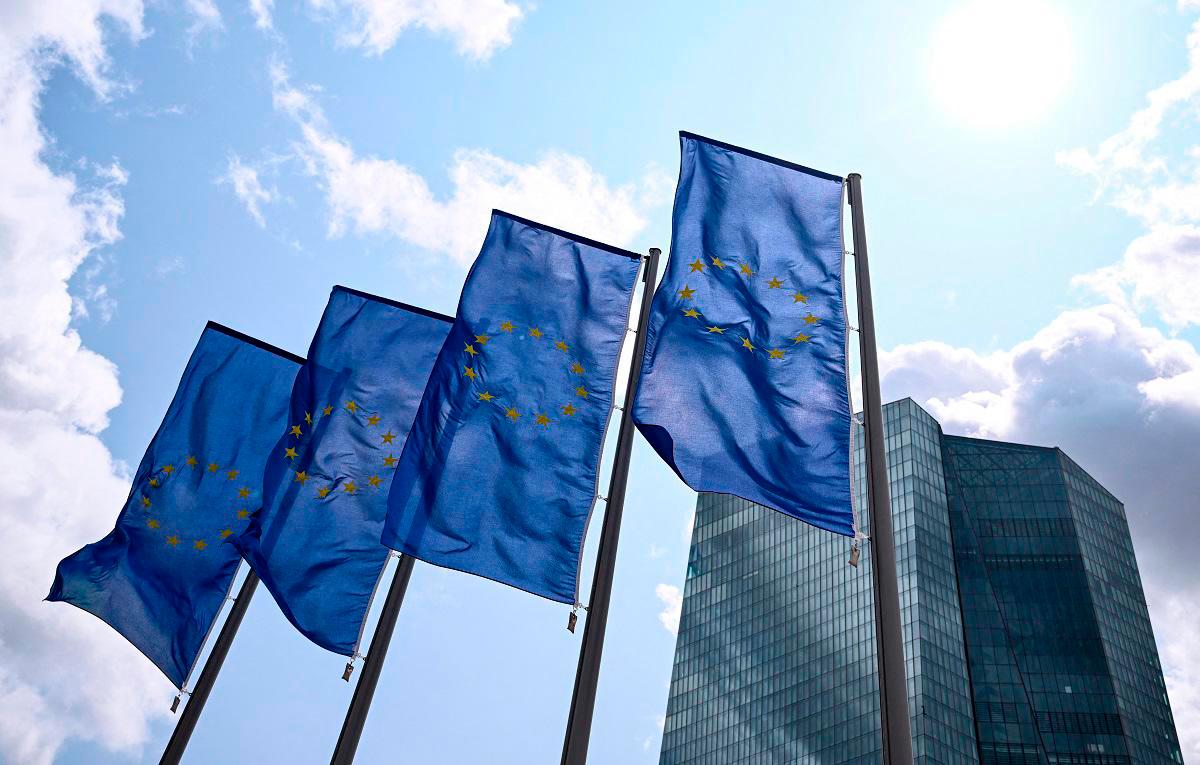BRUSSELS: The European Union on Tuesday unveiled a raft of proposals to slash red tape in the defence sector as the bloc pushes to rearm in the face of Russia.
Europe is looking to ramp up its production of weaponry, spurred on by Moscow’s war on Ukraine and fears over the reliability of the United States under President Donald Trump.
“The only way to ensure European peace is to make sure we are ready to defend ourselves credibly and quickly,“ EU defence commissioner Andrius Kubilius said.
“With this package, we are putting forward ambitious proposals to cut red tape.”
As part of the drive, Brussels says it wants to reduce the time needed for permits from the years it can take now to just 60 days.
A senior EU official gave as an example an ammunition testing facility that needs to comply with a myriad of environmental and health and safety rules.
“It can take up to three years or four years,“ the official said.
Under the proposed law, authorities in the EU’s member states “will have 60 days to react” and if they do not respond in time it will be assumed permission is granted, the official said.
The bloc is also seeking to ease access to EU funding for companies and to clarify investment rules that have often scared asset managers off from putting money into the defence industry.
The proposals to cut bureaucracy are the latest volley in the EU’s efforts to boost its ability to rearm since Russia’s 2022 invasion of Ukraine.
Earlier this year the bloc pushed through plans that could generate a further 800 billion euros ($924 billion) in spending on defence.
The drive comes as NATO leaders, under pressure from Trump, are expected to commit to massively step up military budgets at a summit in The Hague next week.
NATO warns that Russia could look to attack the alliance within five years and that Moscow’s weapon production is far outstripping the West’s.
The defence plan is part of a broader drive by Brussels to simplify regulations across the economy in a bid to make Europe more competitive.
The proposals from the European Commission will now be picked over by the EU’s member states and lawmakers before they can become law.









